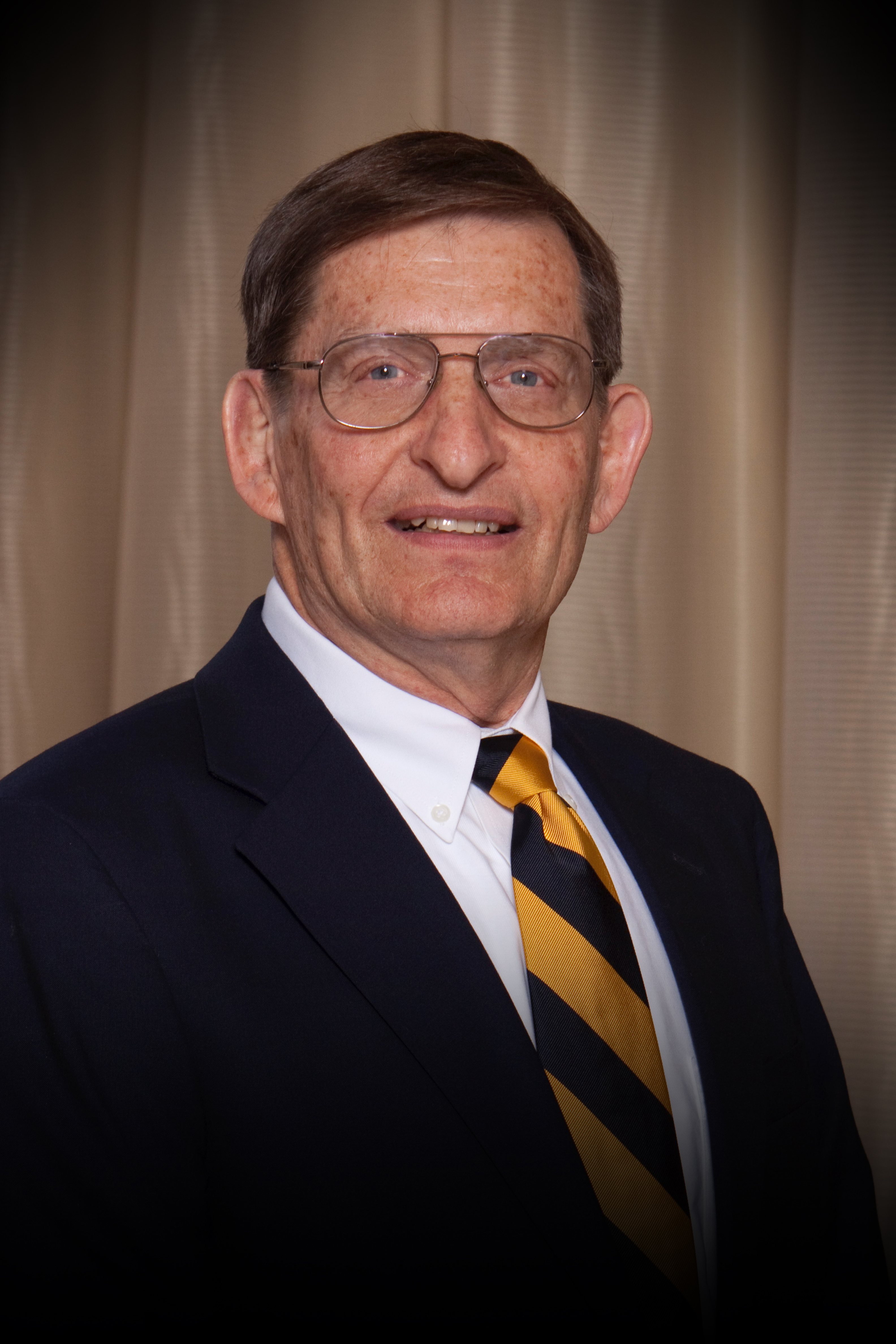 In the early 1960s, Stuart Field ’65 joined a small cadre of Bates students mentored by Dr. Walter Lawrance in the Chemistry Department to conduct water testing and pollution mitigation along the Androscoggin River from Rumford to Lewiston-Auburn. This group of students would use a retired mail boat from off the coast of Maine to carry out their work. “We would test the water for oxygen levels and, if the levels were unacceptably low, Dr. Lawrence could curtail the paper companies’ activities or we would mitigate the issue with 50 lb bags of sodium nitrate.”
In the early 1960s, Stuart Field ’65 joined a small cadre of Bates students mentored by Dr. Walter Lawrance in the Chemistry Department to conduct water testing and pollution mitigation along the Androscoggin River from Rumford to Lewiston-Auburn. This group of students would use a retired mail boat from off the coast of Maine to carry out their work. “We would test the water for oxygen levels and, if the levels were unacceptably low, Dr. Lawrence could curtail the paper companies’ activities or we would mitigate the issue with 50 lb bags of sodium nitrate.”
This effort, led by Lawrance who had been named River Master by the Governor, was one of the first of its kind to curtail the industrial waste being dispensed into the river that caused what Stuart described as “a very objectionable odor during the summer months.” The Clean Water Act only came into being in 1972.
So started young Stuart’s employment by the Maine paper company International Paper, which had paid for the testing and remediation, that would last more than 30 years. His role as a project engineer for the waste treatment plants for International Paper was made possible by his Chemistry degree from Bates. Stuart credits his Bates education in the sciences with setting him up for a lasting and rewarding career.
“When I started looking at colleges, I really enjoyed chemistry and biology and thought I would be going on to medical school. Bates had a really strong pre-med program.” But as with so many Bates students, Stuart’s experiences while at Bates helped clarify his future path. Working with Dr. Lawrence and putting his classwork into practice led him in a new direction.
Bates’ academic reputation paired with local family connections first drew him to campus. Bates was a part of Stuart’s life from his youth. He grew up in Auburn and attended the United Baptist Church in Lewiston where he saw President Phillips and Milt Lindholm, who were deacons with his dad, almost weekly. In many ways, he saw from an early age the way Bates was a part of the community.
It was this sense of community and service that first inspired Stuart’s commitment to giving back. It started soon after graduation and became a habit, coupling an annual gift and service to his local community. Thanks to a background in tax preparation, he later realized that an estate gift could be more impactful. He established a Charitable Remainder Unitrust as a way of supporting his family and helping Bates. “My daughter has needs that are unique and this kind of gift will provide an income stream to her. It’s a really good fit between that part of my personal planning and my desire to do something for Bates.”
Stuart’s gift will establish an endowed scholarship fund for Bates students in the sciences with a preference for students from Maine. His commitment to community and rigorous STEM education will have a lasting legacy.